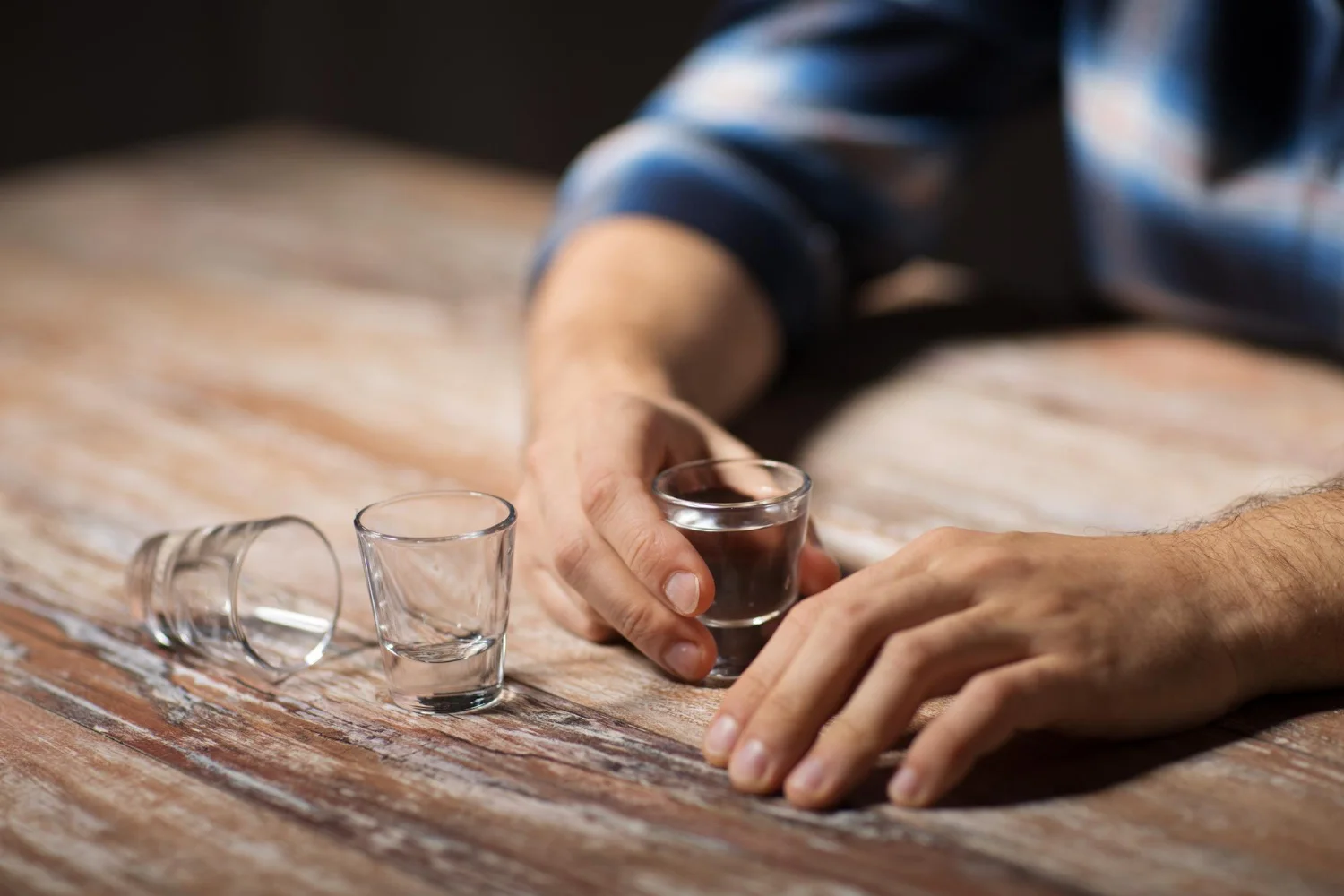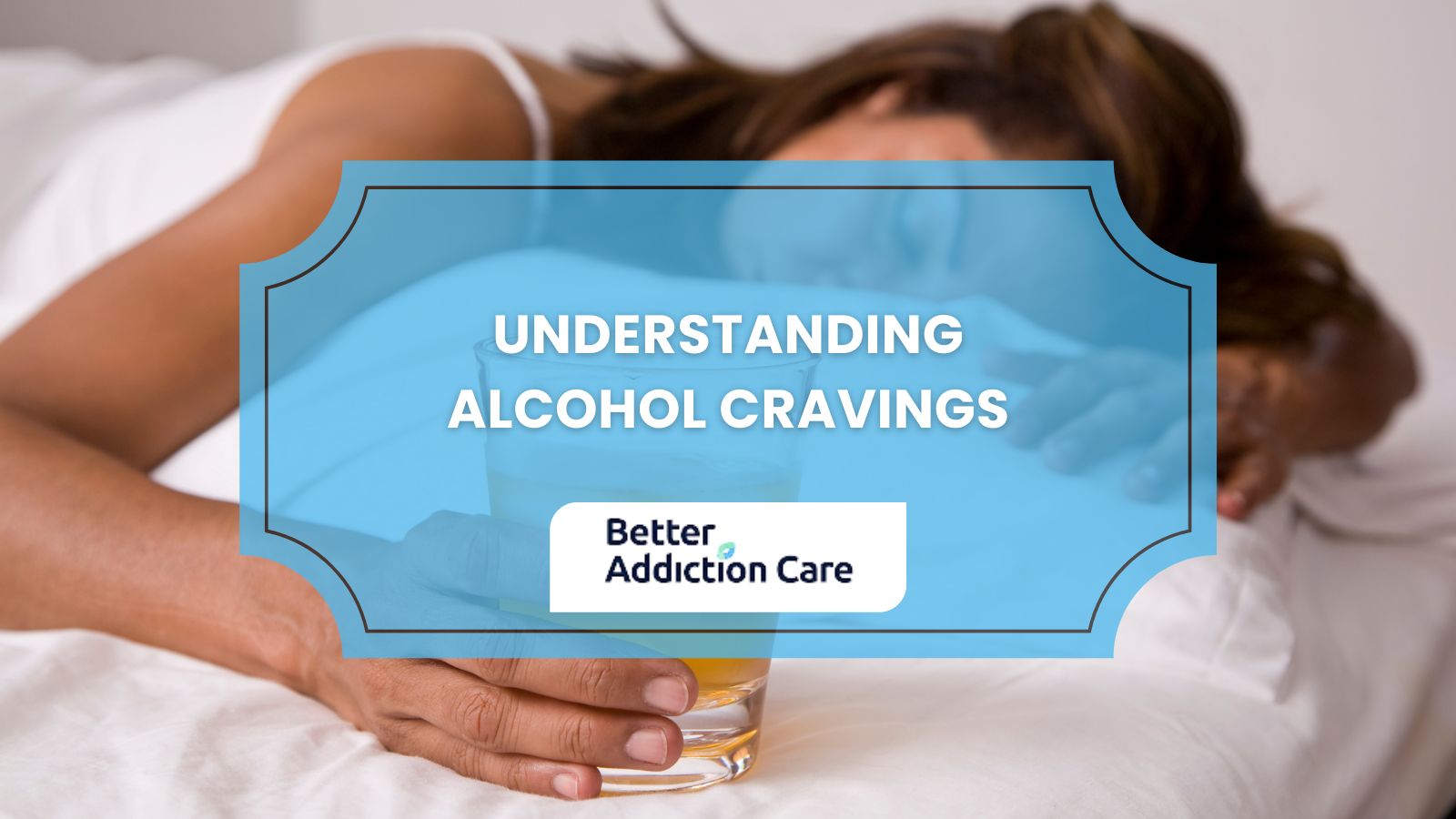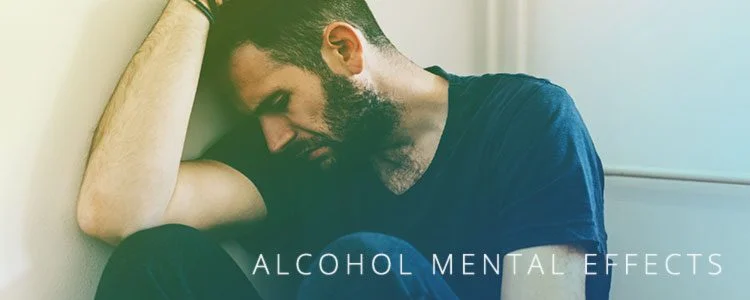Campus culture drives binge drinking among students by embedding alcohol into social norms, where heavy drinking is expected, celebrated, and used as a tool for social bonding. This environment is shaped by peer pressure, traditions like fraternity parties and tailgates, and the freedom college life offers, all of which contribute to making binge drinking a widespread and normalized behavior.
Binge Drinking: Campus Culture, Public Health Crisis, Socioeconomic Influence
Binge drinking is fueled by a campus culture that normalizes heavy alcohol use, poses a serious public health crisis due to its health consequences, and is influenced by socioeconomic factors that shape access and attitudes toward drinking.

I bet you didn´t know that the six drinks you had at your cousin's wedding could be considered binge drinking. Unfortunately, nowadays, binge drinking has been so normalized by our society that it has become the most common and costly pattern of excessive alcohol use in the United States of America. This article aims to provide a complete guide to binge drinking, its dangers, and how to prevent it.
What is Binge Drinking?
Binge drinking is defined by the National Institute on Alcohol Abuse and Alcoholism (NIAAA) as a pattern of drinking that brings blood alcohol concentration (BAC) levels to 0.08 g/dL, achieved by consuming 4 drinks for women or 5 drinks for men within about 2 hours.
Binge drinking has recently been recognized as a massive public health problem. The National Institute on Alcohol Abuse and Alcoholism (NIAAA) defines it as an episode of heavy drinking that brings alcohol concentration (BAC) to 0.08% or 0.08 grams of alcohol per deciliter or even higher. This is usually achieved by having 4 to 5 drinks within 2 hours.
Similarly, the Substance Abuse and Mental Health Services Administration (SAMHSA) definition states that binge drinking is consuming five or more alcoholic drinks for males or four or more alcoholic drinks for females on the same occasion.
What is the Prevalence of Binge Drinking?
Men tend to have higher rates of binge drinking when compared to women. However, some studies suggest that 1 in 4 women have engaged in binge drinking in the last month. The 2022 National Survey on Drug Use and Health (NSDUH) reported that approximately 61 million people (21.7%) in the United States who were more than 11 years old had an episode of binge drinking during the past month.
Listed below are the prevalence of binge drinking.
- Adolescents
- Young adults
- Older adults
Adolescents
The trend of binge drinking has been decreasing over the last decade among teens. However, up to 12.6% of 12th graders reported binge drinking during the last 2 weeks.
Young adults
Although the trend of binge drinking among people from 18 to 25 years has also been decreasing in the last decade, it remains unacceptably high (29.5%). 49% of college students reported binge drinking in the past month.
Older adults
Among people aged 65 or older, approximately 9.7% reported binge drinking in the past month. This particular group has an increased risk of alcohol-related falls and exacerbations of health conditions.
How does campus culture drive binge drinking among college students?
Why is binge drinking considered a major public health risk?
Binge drinking is considered a major public health risk because it causes thousands of deaths annually, contributes to chronic diseases, and drives high-risk behaviors like accidents and violence. Binge drinking is linked to liver and heart disease, various cancers, and worsens mental health conditions such as anxiety and depression.
Binge drinking also leads to impaired judgment, increasing the likelihood of unprotected sex, physical assaults, and traffic fatalities. Economically, it costs billions in healthcare, lost productivity, and criminal justice expenses. These widespread effects make it a serious concern for both individuals and society.
How does socioeconomic status influence binge drinking behavior?
Socioeconomic status influences binge drinking behavior by shaping access to alcohol, social norms, and stress levels, with higher-income individuals engaging more frequently due to affordability and cultural acceptance.
People with greater financial resources have more opportunities to drink socially, while those in lower-income groups may binge drink as a coping mechanism for economic hardship or limited access to mental health support. Education level, employment status, and neighborhood environment also play roles in how and why individuals binge drink, making socioeconomic context a key factor in understanding this behavior.
What are the Effects of Binge Drinking on Health?
Binge drinking can lead to serious health consequences, including blackouts, alcohol poisoning, increased risk of accidents, weakened immune function, liver disease, and heightened risk of several cancers.
Any amount of alcohol has negative effects on your body. However, binge drinking increases the risk of acute issues. Binge drinking not only affects your body but also has an unfavorable impact on your mental health. For example, Binge drinking leads to acute intoxication, a well-known risk factor for suicide. The short and long-term effects that binge drinking has on your health will be explored below.
Short-Term Effects of Binge Drinking
The immediate negative consequences of binge drinking depend on several factors, such as the amount of alcohol consumed, people’s tolerance, and their underlying diseases. However, some of the most common short-term effects of binge drinking on your physical health are listed below.
- Inability to maintain coordination and balance
- Nausea and Vomiting
- Dehydration
- Irregular heartbeats
- Hangover symptoms
- Sexually transmitted diseases are due to unsafe sexual behaviors.
- Acute alcohol intoxication
Similarly, the psychological effects of binge drinking can be equally bad and impairing. The most common are:
- Anxiety
- Depression
- Increased risk of suicide
- Mood changes
- Impaired judgment
- Memory impairment
Long-Term Effects of Binge Drinking
When binge drinking develops into a more chronic problem, it can have more long-lasting effects that could severely impact your health.
Listed below are the most common long-term effects on your physical health.
- Chronic liver disease (alcoholic hepatitis, fatty liver disease, or cirrhosis).
- Heart problems (irregular heartbeats, heart muscle weakening, and increased risk of heart attack)
- Gastrointestinal issues (gastritis, pancreatitis, and increased risk for gastrointestinal cancers)
- Debilitated immune system
- Neurological issues (nerve damage, brain disorders, and dementia).
- Addiction and Alcohol use disorder
- Increased risk of depression and anxiety
- Cognitive impairment.
What are the short-term risks of binge drinking?
Binge drinking poses serious short-term risks, including alcohol poisoning, impaired judgment, falls, injuries, and fatal accidents such as drunk driving and drowning. It also increases the likelihood of risky social behaviors like unsafe sex and violence, leading to emergency room visits for overdoses and trauma.
According to the NIAAA, even one episode can compromise immune function and trigger acute health conditions like pancreatitis. These immediate dangers make binge drinking a major concern for both personal safety and public health.
What are the long-term consequences of binge drinking?
Binge drinking isn't just dangerous in the moment; it can leave lasting damage across multiple systems in the body.
The table below shows the long-term consequences of binge drinking.
| Consequence | Description |
|---|---|
| Alcohol Use Disorder | Habitual binge episodes often escalate into chronic dependence and addiction. |
| Liver Disease | Repeated heavy drinking leads to fatty liver (steatosis), fibrosis, and cirrhosis. |
| Cardiovascular Damage | Increases risk of high blood pressure, arrhythmias, and heart muscle injury. |
| Neurological Effects | Impairs memory, attention, and cognitive function; may cause neurotoxicity. |
| Cancer Risk | Raises the risk for cancers of the liver, breast, esophagus, head and neck, and colon. |
What public health strategies target binge drinking?
Public health strategies targeting binge drinking include alcohol taxation, age restrictions, public awareness campaigns, and clinical screening with brief intervention, all proven to reduce binge episodes at the population level.
Listed below are the 7 Public health strategies targeting binge drinking.
Policy Interventions
- Alcohol Taxation & Pricing: Raising taxes and implementing minimum unit pricing reduces excessive consumption.
- Sales Restrictions: Limiting hours and locations of alcohol sales curbs availability.
- Age Limits: Enforcing the legal drinking age helps delay initiation and reduce youth binge episodes.
Education & Awareness
- Public Campaigns: Media efforts highlight the dangers of binge drinking and promote safer behaviors.
- School Programs: Early education builds awareness and resilience against peer pressure.
Clinical Interventions
- Screening Tools: Instruments like AUDIT-C help identify risky drinkers.
- Brief Counseling: Short, targeted interventions by healthcare providers have been shown to reduce binge episodes.
These strategies work best when combined, creating a multi-layered approach that addresses both individual behavior and broader societal influences.
How to Stop Binge Drinking?
To stop binge drinking, individuals can seek evidence-based treatments such as behavioral therapy, set clear drinking limits, avoid high-risk situations, and use resources like the NIAAA Alcohol Treatment Navigator to find professional support.
Quitting binge drinking can be extremely challenging for people who have been doing it regularly. However, it could be achieved with strong commitment and external support.
Listed below are 10 ways to binge drinking.
- Recognizing the Problem
- Set Clear Goals
- Seeking Professional Help
- Developing Healthy Coping Mechanisms
- Alcoholics Anonymous (AA)
- Online Forums and Communities
- Helplines and Hotlines
- Inpatient Rehabilitation Programs
- Outpatient Counseling and Therapy
- Medications for Alcohol Use Disorder
Recognizing the Problem
The first step towards changing a bad habit will always be recognizing it as a problematic behavior with unfavorable effects on different dimensions of life. Acknowledging and accepting the presence of a binge drinking issue is crucial in stopping it.
Set Clear Goals
Setting clear goals and accurately defining the reasons for quitting binge drinking can provide you with additional motivation and direction to achieve your expectations. Establishing clear and strict limits to your alcohol consumption can help you stick to them. Before any social event where alcohol will be present, you must plan your strategy and stick to it with discipline to avoid consuming alcohol.
Seeking Professional Help
Getting professional help can be necessary for people who are struggling with quitting or reducing their binge drinking. Your healthcare provider can offer counseling and therapy based on your personalized needs. Some support groups can be an additional source of assistance in quitting binge drinking. The journey to recovery can sometimes be overwhelming, and asking for help when needed is fine.
Developing Healthy Coping Mechanisms
Many people have found that coping mechanisms are easy and healthy ways to reduce cravings for binge drinking. When used correctly, they can be a powerful tool in recovery.
Listed below are 4 strategies for developing healthy coping mechanisms.
- Relaxation techniques
- Distraction methods
- Cognitive-behavioral strategies
- Stress management techniques (exercise, meditation, and yoga)
Support Groups and Resources for Binge Drinking
Several support groups, hotlines, and online resources have been developed to help people who are struggling with binge drinking.
Listed below are the most important ones are described below.
Alcoholics Anonymous (AA)
Alcoholics Anonymous (AA) is, without any doubt, the most widely known support group for people who are struggling with binge drinking and other alcohol-related problems. It is available worldwide and offers free meetings for its members. AA follows a 12-step program that serves as a guiding principle on how to overcome alcohol addiction and binge drinking, avoid triggers, and live a healthy life. Other important support groups are SMART Recovery and Women for Sobriety (WFS).
Online Forums and Communities
Online forums and communities often allow their participants to share their experiences, challenges, and expectations of their road to recovery from binge drinking. They can also anonymously be an important source of information, support, and advice for their members.
- Rethinking Drinking (National Institute of Health)
- Moderation Management (MM)
- r/stopdrinking (Reddit Community)
Helplines and Hotlines
It is essential to know that help is always one phone call away through helplines and hotlines. They offer immediate and emergency assistance for people who struggle with alcohol-related problems. Some of the most widely known are:
- Better Addiction Care Helpline.
- National Helpline (SAMHSA)
- Alcoholics Anonymous (AA) Helpline (Local AA chapters specific)
- National Council on Alcoholism and Drug Dependence (NCADD) Hopeline
- Al-Anon Family Groups
Treatment Options for Binge Drinking
Although there are several treatment options for treating binge drinking, it is important to know that the selection of one intervention over another is often based on the individual’s needs and personal preferences. Moreover, no individual treatment option is better than a comprehensive treatment plan that includes more than one strategy.
Inpatient Rehabilitation Programs
Inpatient rehabilitation is a well-structured modality that provides intensive care for people who have severe cases of binge drinking. The program's supportive environment, specifically designed to help its users focus solely on their recovery, is very effective. Some of its characteristics include:
- 24/7 supervision
- Structure schedule
- Peer support
- Comprehensive assessment
- Holistic treatment plan
- Detoxification regimen
- Follow-up planning
Outpatient Counseling and Therapy
Regular outpatient counseling and therapy with a psychotherapist or addiction counselor can offer a flexible and accessible approach for people who suffer from binge drinking. This outpatient treatment program can be tailored to the person’s needs and preferences to offer an individualized experience that addresses specific challenges. Furthermore, outpatient counseling provides ongoing support as it assists its users through all the stages of their recovery journey.
Medications for Alcohol Use Disorder
Some medications may help you reduce alcohol cravings and alleviate the withdrawal symptoms that result from binge drinking. These medications include the following listed below.
- Naltrexone
- Disulfiram
- Acamprosate
- Gabapentin
Please note that medications are most effective as part of a comprehensive treatment plan, and a healthcare provider should always prescribe them.
Conclusion
Binge drinking is a public health concern that is relatively common across all age groups. Consuming five or more alcoholic drinks at a social gathering is a norm nowadays; however, it can have adverse short-term and long-term effects on your health.
Quitting binge drinking requires considerable commitment and support. Moreover, seeking professional help through support groups, outpatient counseling, inpatient rehabilitation programs, and medications is are vital factor in the path to recovery. It is never too late to start. Seek help!
Related Articles
Treatment Centers in New Jersey









